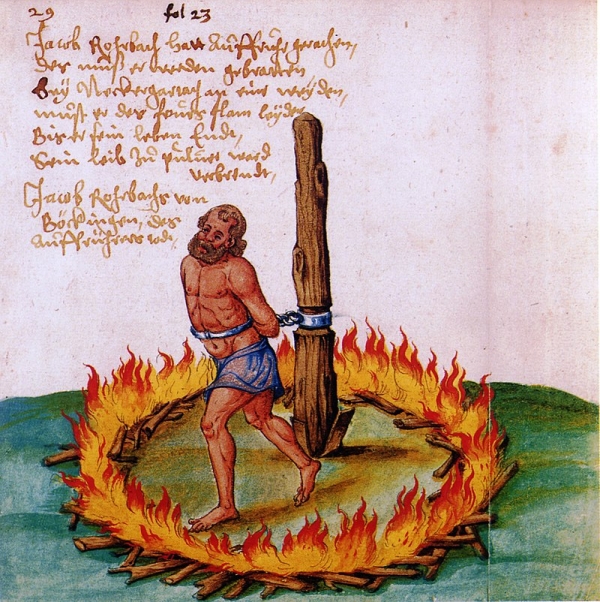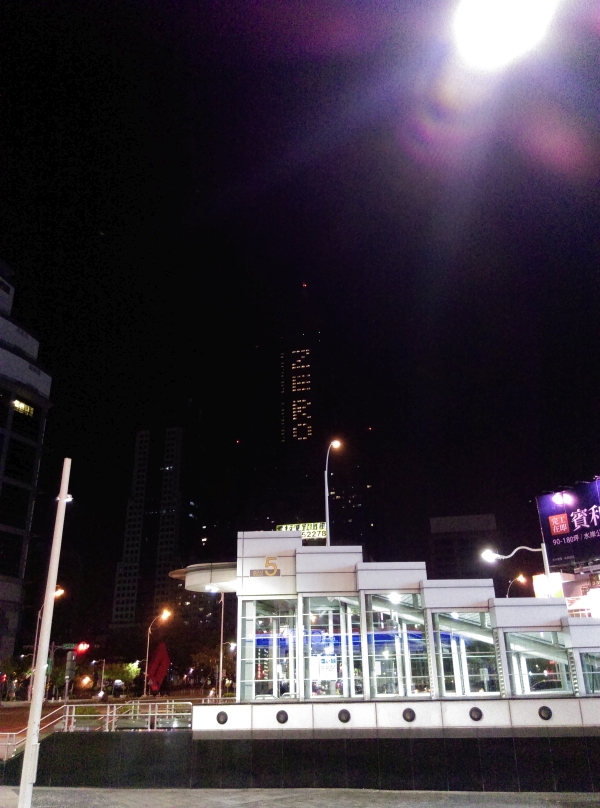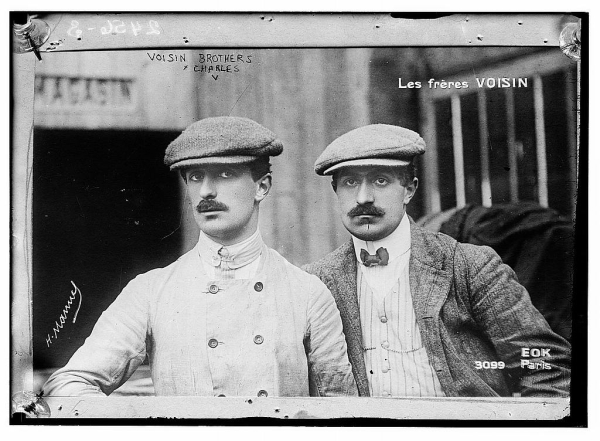Week 20, 2020
MONDAY, 11 MAY 2020
There’s this theory that has been floating around for years in smart and imaginative people’s minds, namely that we and the world we inhabit are part of an artificial simulation – like in a video game, or like in the movie, The Matrix.
RedPilledAmerica.com describes themselves as a podcasting series that focuses on stories. The idea is that each episode raises a question, and then the answer is sought in the stories of everyday people. In Episode 62, entitled “Let There Be Light”, they ask whether science fiction can bring us closer to God.
The episode is about sixty minutes long, and really worth listening to. The simulation theory is explained, and references are made to people like Richard Dawkins, Elon Musk, and Scott Adams. The science fiction writer, Philip K. Dick, whose short stories inspired Hollywood films such as Blade Runner (1982), Total Recall (1990, 2012), Minority Report (2002), and The Adjustment Bureau (2011), also receive special mention.
What is my opinion on the idea that we might be living in an artificial simulation? It would explain why we live in a world where everything seems planned – the eyes of the fly, the tail of the leopard, the way some octopuses change colour. Well, scientists explain these things with the concept of evolution, but still – there are thousands of examples you can name where design does seem, at least in the eyes of the average non-scientist, like the more likely explanation. Does this mean that believers are right about a deity? That’s not a simple question: after all, there is a wide gulf between the idea of the creator, or creators of the simulation, and the specific mythology behind different gods. Will a simulation mean that there is a planned purpose behind our existence? The possibility is certainly there. Would this mean we still have free will, that we are still creators of our own lives, or would it mean our lives have been planned out by the creators of the program? To this question I will have to come back.
TUESDAY, 12 MAY 2020
Do you also get the feeling like this year is going slower than other years? I am amazed every time I think of how few weeks or months of this year lie behind us.
That the world we knew has come to an end surely has something to do with it.
After all, a short four and a half months ago, millions of people were still making plans to travel to other countries to discover places and cultures, or to study in what could have been a life-changing experience for them. Now weeks have passed since millions of children had last sat in a classroom. The oil price has fallen into negative territory, partly because fuel demand fell to a fraction of what it was last year. This means you could now fill your car and drive through the countryside for a few days – if you were allowed to leave your home. It should also mean that airline tickets would be cheaper than they have been in years, so you could take that trip you’ve been dreaming of for years … just a pity that dozens of countries have closed their borders to foreign visitors. In thousands of cities around the world, shops, hair salons and restaurants are closed. People are driven out of public parks by police with bull horns because the government ordered them to stay at home.
In the northern hemisphere, people are getting ready for a few months of warmer weather and sunshine. In the southern hemisphere, the blankets and coats and scarves are already out. Time moves on, slowly.
And yet, how quickly don’t things change.
WEDNESDAY, 13 MAY 2020
Gabriel Voisin was born on 5 February 1880 in Belleville-sur-Saône, France. His brother, Charles, was born two years later. When their father left them, their mother, Amélie, moved with them to Neuville-sur-Saône, where their grandfather had a factory.
The two brothers enjoyed the outdoors life – they undertook expeditions along the river, went fishing, and built all kinds of contraptions.
As young man Gabriel studied industrial design, and together the two brothers experimented even more – including building a rifle, a steam boat, and a type of motor car.
Gabriel Voisin, with the help of his brother Charles, was responsible for the design and construction of the first European manned, engine-powered, heavier-than-air aircraft capable of a sustained, circular controlled flight for at least one kilometre. The historic flight was on Monday, 13 January 1908.
After a long and prosperous life, Gabriel retired to his home in the countryside at the age of eighty, where he wrote his memoirs. He passed away on Christmas Day 1973 at the age of 93.
His younger brother lived a shorter, less prosperous life. A few years after the historic flight, on 26 September 1912, Charles Voisin died in a car accident. He was thirty years old.
THURSDAY, 14 MAY 2020
Near the vegetarian buffet place, in the alley behind the department store stands a delivery truck. Managing the delivery process is a man in a crimson T-shirt with, on the front, the words:
“Born to be Top Gun”
I don’t have a problem with sometimes absurd levels of confidence, I think. One could even argue that it makes sense in a world with so many uncertainties.
Ten minutes later I take the same way back home. The truck is still standing in the street. The man is now smoking a cigarette. This time I catch the back of his T-shirt:
“Never give up until the end of the world”
A fair sentiment, I think this time.
FRIDAY, 15 MAY 2020
Need to mention that the Battle of Frankenhausen took place on this day, 495 years ago.
On 15 May 1525, several thousand poorly armed peasants and townspeople led by the preacher and radical theologian, Thomas Müntzer, met an army of several thousand professional mercenaries led by Philip van Hesse and George the Bearded of Saxony on the battlefield in Thuringia, central Germany.
In his pamphlet, Against the Murderous, Thieving Hordes of Peasants, Martin Luther urged the nobles to destroy the rebellious peasants with speed and violence. He wrote, among other things, that the peasants should be “sliced, choked, stabbed, secretly and publicly, by those who can, like one must kill a rabid dog”.
With such encouragement, the peasants probably couldn’t have expected much mercy on that day. Thousands of them were killed and maimed, and their leader was captured, tortured, and executed. Among the professional armies there were only six casualties, two of whom were only wounded.
By September 1525, military conflict and punitive expeditions had come to an end. The German Peasants’ War was over.

______________________

